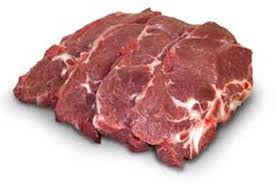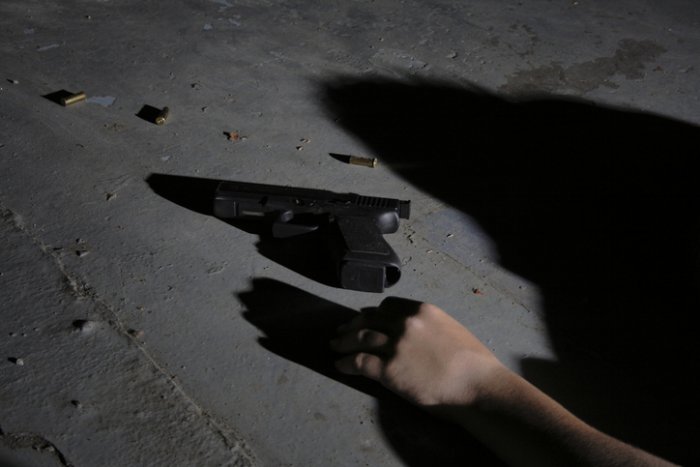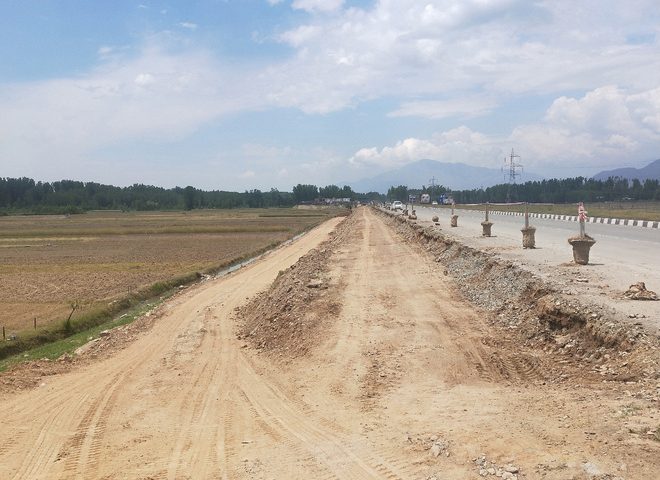In 1985, the then Governor Jagmohan’s diktat banning sale of meat on Janamastami—a festival of Hindus—triggered a month-long agitation in South Kashmir.
 The diktat, according to local residents, led to cohesion among various Muslim organizations.
The diktat, according to local residents, led to cohesion among various Muslim organizations.
During his rule in 1985, Jagmohan ordered ban on sale of all kinds of meat including mutton in Muslim-majority Jammu and Kashmir on Janamashtami allegedly at the behest of right-wing extremist forces.
However, the then Mirwaiz South Kashmir and Umat-I-Islami founder, late QaziNisar Ahmad along with Jamiat-I-AhlihadithKhateeb, GhulamRasoolQadri, defied the ban and slaughtered two sheep in protest in LalChowk area of Anantnag town. This ultimately led to a massive agitation in the district which went on to observe shutdown and protests for one-month against the ban diktat.
According to locals, the government cracked down on protestors, rounding up scores of protestors and imposed curfew for days together.
“This was the moment when both Hanafi and Ahlihadith sects got united under one umbrella to fight against the ban,” said Rao Farman Ali, civil society member. He said he is witness to those developments.
People from both sects used to offer prayers together and devised a joint strategy to fight the “communal designs of right wing forces,” Ali said.
“I vividly remember people of both sects offering prayers in Jamia Masjid Hanfia one day and in Jamia Masjid Ahlihadith the next day,” he said.
An elderly, Abdul Hameed from Bakshi Abad Islamabad (Anantnag), said the agitation united people from different sects.
“Though the protests did not get much coverage in media, they certainly were instrumental in changing the political scenario of Kashmir in years to come,” he said.
“The fresh order on beef ban is like history repeating itself,” said Qazi Ahmad Yasir, son of Late QaziNisar.






